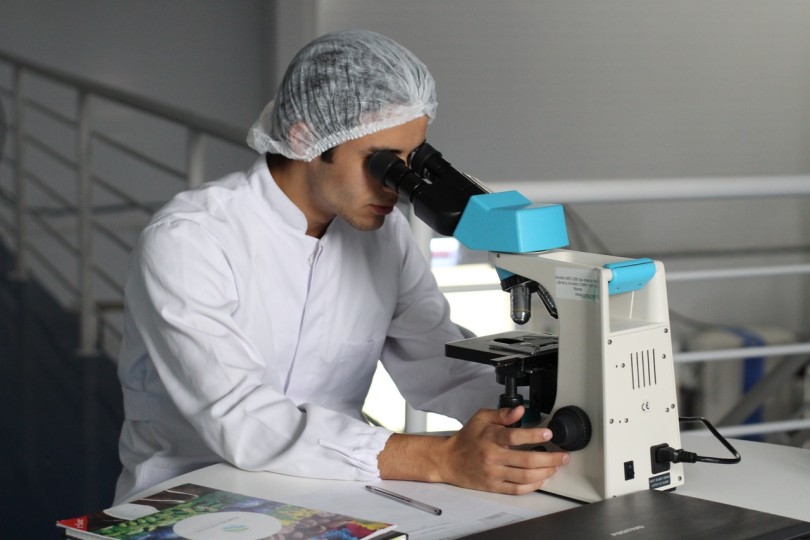Why Is the Gulf Attracting Climate Tech Businesses?
28 Jun 24
Enviro ChatThe Global News Source for the World of Science and Chemicals
26 February 2021
Lab Chat
In recent years, the UAE has made impressive strides towards modernising its healthcare and pharmaceuticals industry, positioning itself as one of the regional leaders among Gulf nations. Through initiatives like the UAE Vision 2021 and the Dubai Industrial Strategy, it has taken concrete steps to increase its knowledge in a number of different sectors.
However, the events of the last 12 months have laid bare the importance of research and development (R&D) facilities to the global economy. Since the outbreak of the novel coronavirus in December 2019, countries across the world have been scrambling to find an appropriate solution to containing and overcoming the virus. Those with robust R&D systems already in place are the ones currently leading the fight – and they are also the ones from which the UAE must learn going forwards.
It’s no surprise that Western nations have been at the forefront of the battle against COVID-19. The majority of the leading technological patents in the fields of medicine and pharmaceuticals are held by European or American companies, with the likes of Merck, Novartis and Pfizer – the biggest companies in the industry – hailing from those shores as well.
The technological expertise and robust infrastructure in place in countries like the UK and the USA has been particularly impressive and is the major reason why it took less than one year from the discovery of the virus for the first person to be vaccinated. It is countries like these that the UAE must try to emulate if it is to achieve its objective of becoming a hub for medicine and pharmaceuticals in the future.
Not only would this equip the UAE with a significant financial advantage at a time when it seeks to diversify its revenue streams away from fossil fuels, but it would also future proof the country against any potential pandemics further down the line. With many experts predicting more viral outbreaks in the coming years, it only makes sense to put in place the R&D infrastructure to deal with them now.
Fortunately, the UAE has already been working on improving its expertise and equipping future generations with the skills necessary to handle whatever the world throws at them. Significant steps have been taken to promote science, technology, engineering and mathematics (STEM) in educational institutions, emphasising the importance placed upon those sectors by the authorities.
What’s more, investments into the healthcare sector in the Arab world are expected to exceed $89 billion by 2022, which is a 50% increase over the previous decade. The UAE leads the way in that respect, with the country the most popular among Gulf Cooperation Council (GCC) members for medical tourism.
While the UAE is already hosting clinical trials for COVID-19 vaccines from Russia and China, it hopes to develop its own solutions in the future. That will depend upon upgrading its R&D facilities. With three such centres already under construction in Dubai Science Park, it’s clear that not only do the Emirati government recognise the importance of R&D going forwards, but that they are already taking the appropriate measures to promote it today.
DOWNLOAD PDF

2 Day Seminar Program
@ ArabLab+ 2024
24 & 25 September 2024
Your stay in Dubai
Labkit
Product News
Chemkit
Product News
Thinking about exhibiting at ARABLAB 2024? Watch our video to find out more.
Join the world’s leading organisations…
Join our mailing list and receive the ARABLAB newsletter and event updates.